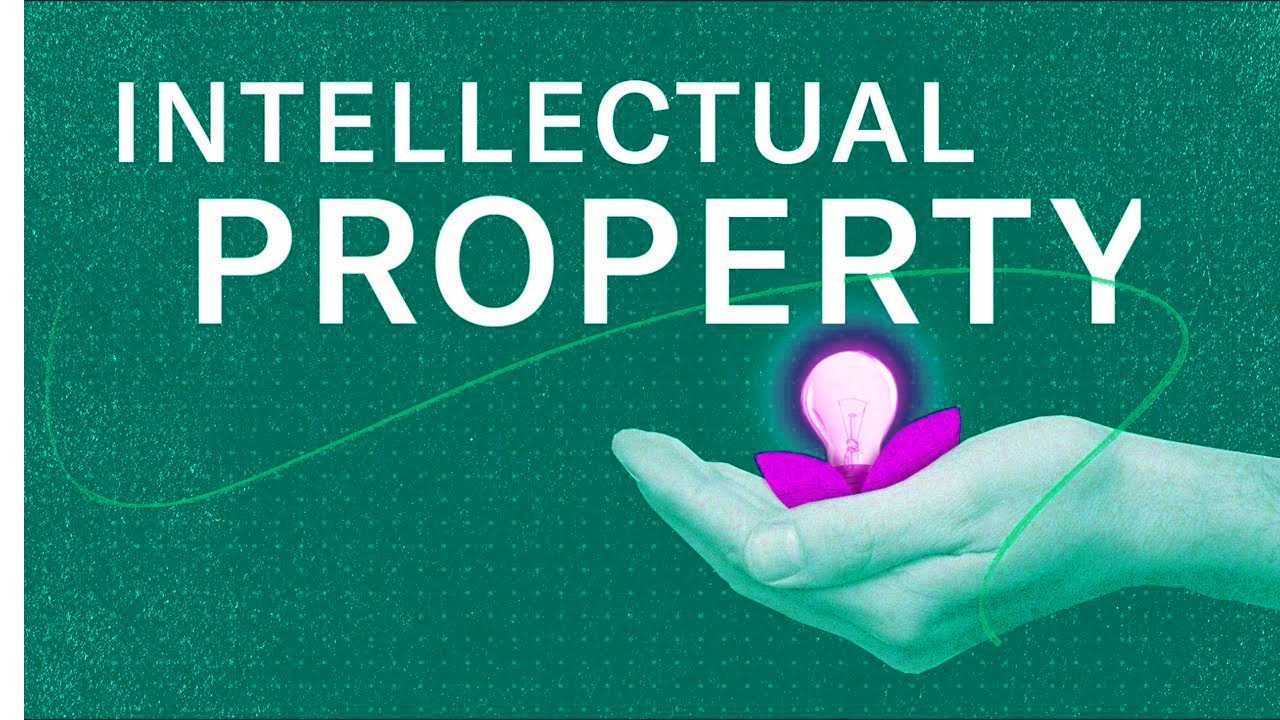Navigating the Maze: A Comprehensive Guide to Estate Planning

Estate planning is a crucial aspect of financial management that often gets overlooked or delayed. It involves preparing for the transfer of a person’s assets and properties after their death or incapacitation. Despite its importance, many individuals find the concept daunting due to its complexity and emotional nature. In this comprehensive guide, we will delve into the intricacies of estate planning, providing you with the knowledge and tools necessary to navigate this intricate maze with confidence.
Understanding Your Assets
Before embarking on the estate planning journey, it’s essential to take stock of your assets comprehensively. Assets can include real estate, investments, retirement accounts, life insurance policies, business interests, and personal belongings. Conducting a thorough evaluation of your assets will help determine their value and distribution according to your wishes.
Determining Your Objectives
Every individual has unique objectives when it comes to estate planning. Common goals include protecting family members, ensuring the smooth transfer of assets, minimizing estate taxes, and supporting charitable causes. By clearly defining your objectives, you can tailor your estate plan to meet your specific needs and priorities.
Selecting the Right Legal Documents
One of the fundamental aspects of estate planning is the creation of legal documents that outline your wishes and instructions. These may include wills, trusts, powers of attorney, and advance healthcare directives. Each document serves a distinct purpose and plays a crucial role in ensuring that your intentions are carried out effectively.
Beneficiary Designations
In addition to traditional estate planning documents, beneficiary designations play a significant role in asset distribution. Assets such as life insurance policies, retirement accounts, and investment accounts often allow you to designate beneficiaries directly. It’s essential to review and update these designations regularly to ensure they align with your current wishes.
Estate Taxes
Estate taxes can significantly impact the value of your estate and the amount inherited by your beneficiaries. Understanding the basics of estate taxes and implementing strategies for minimization is crucial for preserving your wealth and maximizing the inheritance received by your loved ones.
Read More: Real Estate Riches: Unlocking Property Investment
Charitable Giving
Many individuals incorporate charitable giving into their estate plans as a way to support causes they are passionate about and leave a lasting legacy. Charitable giving can also offer tax benefits and serve as a meaningful way to give back to the community.
Guardianship for Minor Children
For parents with minor children, estate planning involves appointing guardians who will care for their children in the event of their untimely passing. This decision is among the most critical aspects of estate planning and requires careful consideration.
Long-Term Care Planning
Long-term care planning involves preparing for potential healthcare needs as you age, including nursing home care, assisted living, and in-home care services. Proper planning can help protect your assets and ensure that you receive the care you need without depleting your estate.
Reviewing and Updating Your Plan
Estate planning is not a one-time event but rather an ongoing process that requires periodic review and updates. Life events such as marriage, divorce, birth of children, and significant financial changes may necessitate revisions to your estate plan to reflect your current circumstances and wishes.
Common Mistakes to Avoid
Despite its importance, estate planning is often fraught with common mistakes that can have significant consequences. These may include failing to create a comprehensive plan, neglecting to update beneficiary designations, or not seeking professional guidance when needed.
Seeking Professional Guidance
Navigating the complexities of estate planning can be challenging without the assistance of knowledgeable professionals. Estate planning attorneys, financial advisors, and tax experts can provide valuable guidance and ensure that your estate plan is structured effectively to achieve your goals.
Estate Planning for Small Business Owners
Small business owners face unique estate planning challenges, including succession planning, business continuity, and tax implications. Business owners need to integrate their business interests into their estate plans to protect their legacy and ensure a smooth transition of ownership.
Estate Planning for Non-Citizens
Non-citizens residing in the United States also need to engage in estate planning to protect their assets and ensure that their wishes are carried out according to U.S. laws. Special considerations may apply, including estate tax implications and the treatment of foreign assets.
Read More: Inheritance and Estate Distribution Disputes
Conclusion
In conclusion, estate planning is a vital component of financial planning that requires careful consideration and proactive decision-making. By understanding the intricacies of estate planning and seeking professional guidance when needed, individuals can protect their assets, provide for their loved ones, and leave a lasting legacy.
FAQs
What is the difference between a will and a trust?
A will dictates the distribution of assets upon death, while a trust can manage assets during life and after death, often avoiding probate.
Do I need an estate plan if I don’t have significant assets?
Yes, estate planning ensures your wishes are followed, including healthcare decisions, asset distribution, and guardianship for minor children.
How often should I review my estate plan?
It’s advisable to review your estate plan every few years or after major life events like marriage, divorce, or significant financial changes.
Can I make changes to my estate plan after it’s been established?
Yes, you can update your estate plan as needed by amending or revising documents like wills, trusts, and beneficiary designations.
What happens if I die without an estate plan in place?
Without an estate plan, your assets may be distributed according to state laws, potentially leading to disputes and unintended beneficiaries.












One Comment